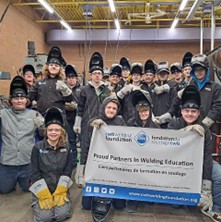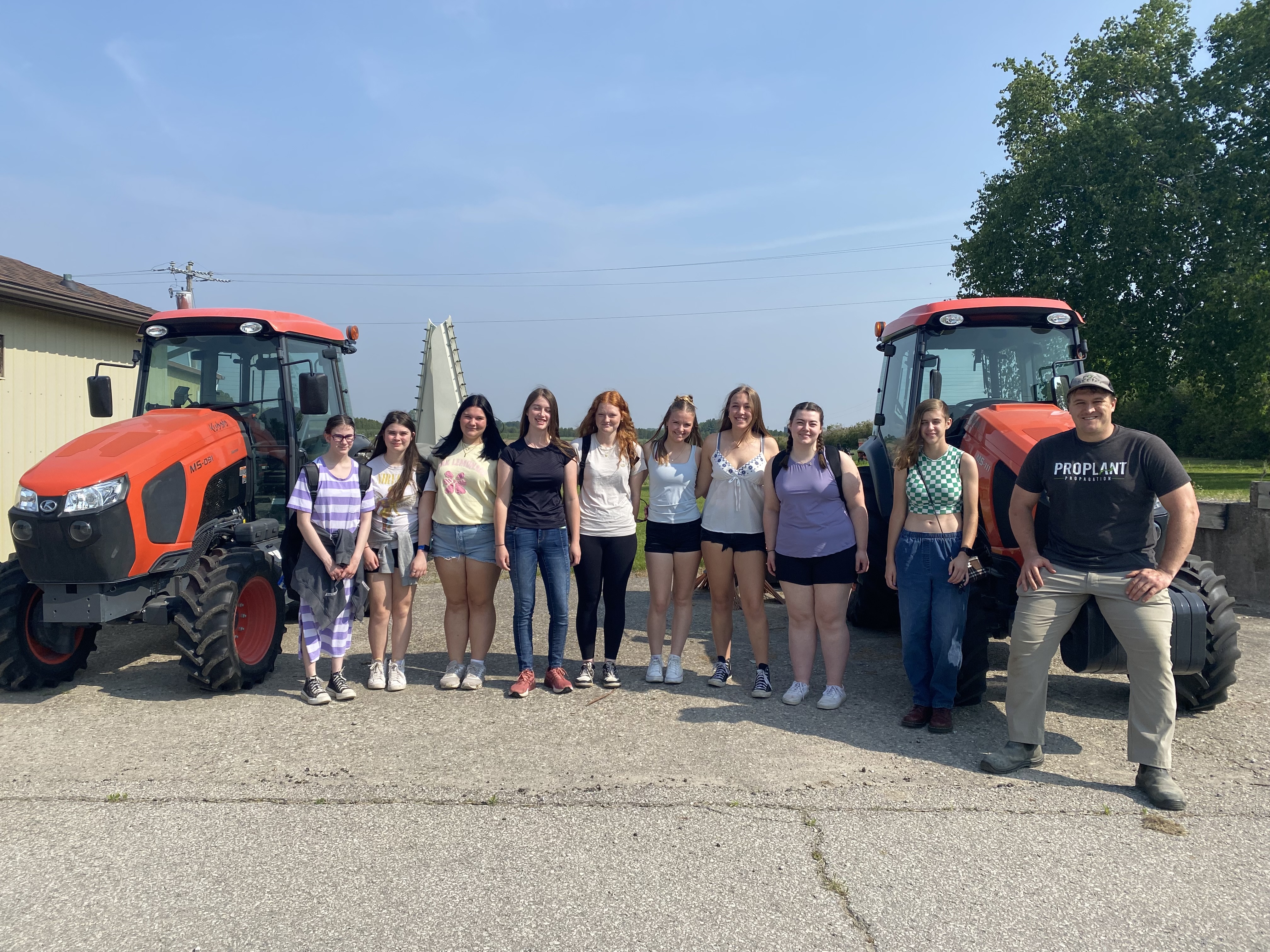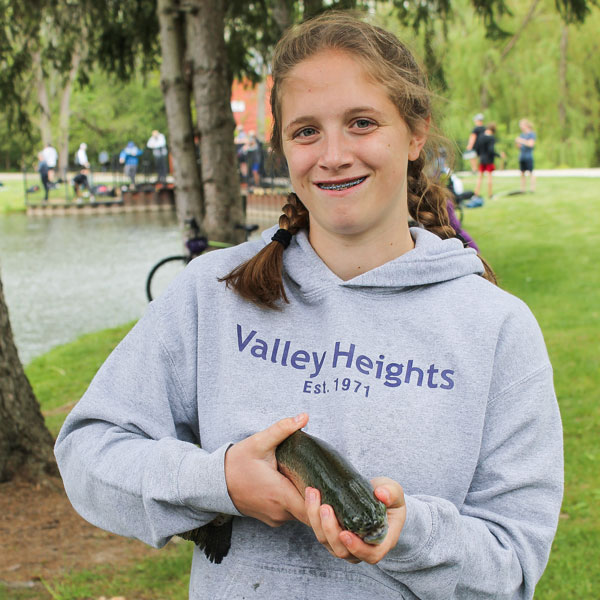Programs
Co-operative Education (Co-Op)
Co-op is a planned learning experience that integrates classroom theory and learning experiences at a workplace which enable students to apply and refine the knowledge and skills acquired in a related curriculum course or a locally developed course. Co-op courses include a classroom component comprised of pre-placement and integration activities and a placement component.
Students earn co-op credits by integrating classroom theory with planned learning experiences in the community. Students are assessed and evaluated on their demonstration of tasks linked to curriculum expectations of the related course(s) as outlined in Students’ Cooperative Education Learning Plan.
.jpg?sfvrsn=5edaa31f_1)
Students interested in Co-op Education must apply for the program and complete an interview. Successful candidates will be notified, and the recruitment process of an appropriate placement will follow. There is no formal restriction on the total number of co-op credits that students may earn in secondary school.
Specialized Programs
Dual Credit Courses
Specialist High Skills Major (SHSM)



The Transportation SHSM Program – Automotive Service Focus
The Transportation Specialist High School Major at VHSS provides students with a strong foundation for a wide variety of careers in the transportation sector, from those focusing on the service, repair, and modification of vehicles and vehicle systems to those related to the organization and management of transportation services and mass-transit systems.
Benefits of our Transportation Program
- Customize students’ secondary school education to suit their interests and talents
- Develop specialized knowledge and skills
- Earn credits that post-secondary educational institutions and the sector recognize
- Gain sector-recognized certification and career-relevant training
- Develop essential skills and work habits
The Manufacturing SHSM Program – Welding and Fabrication Focus
The Manufacturing Specialist High Skills Major at VHSS is a bundle of credits of Manufacturing Technology Grade 11 and 12 courses. It covers mechanical, electrical and civil drafting using AutoCAD, precision machining, sheet metal fabrication and various types of welding and cutting for metal. The program also uses a CNC plasma cutter for numerous projects.
Benefits of our Manufacturing Program:
- High concentration of sector related skills and knowledge
- Free certifications in CPR, First Aid, WHMIS, Basic Health & Safety and more
- Free bus trips to trade shows, colleges and related industries
- Co-op placement in the related sector for further development of knowledge and skills
- Students complete two co-op credits for placements in their desired area of interest
Of special note, Students can receive a CWB (Canadian Welding Bureau) certification in our CWB certified welding shop.
The Agriculture SHSM Program
The Agriculture Specialist High School Major at VHSS enables students to build a foundation of sector-focused knowledge and skills before graduating and entering apprenticeship training, college, university, or an entry-level position in the workplace. This SHSM may be designed to have a particular focus – for example, on agricultural equipment or animal and crop science. This focus is achieved through the selection of the four major credits in the bundle.
Benefits of our Agriculture Program:
- Advanced training in a technology land and forest survey skills
- Equipment Operation safety
- Fundamentals in the combine-level 1
- Large animal handling
- Sector-specific vehicle operation and safety
- Weed and pesticide identification and management
- Co-op placement in the related sector to further develop knowledge and skills
Flexible Programming

One of the unique qualities of VHSS is our ability to provide students with flexible course planning. When done in advance, students can plan a hybrid model that fits their learning needs. Our Main Campus guidance collaborates with our on-site Turning Point department, allowing students to access programming from both structures: face to face classes, eLearning courses, and even potential co-op placements. The flexibility provided between the various forms of programming allows students to create a timetable that meets their individual needs and goals.
Turning Point is an innovative program that combines academics with co-operative education and offers a flexible timetable with classes offered at main campus and/or through e-learning.
Students can achieve secondary school co-op credits for their work placements/employment. Successful completion of all assignments plus 110 hours of work earns a student one co-op credit.
Students must also complete 16 to 18 academic credits to meet graduation requirements through in class or online classes. Support is available to students in a teacher supervised drop in classroom. Tutorial support runs after school two nights per week as well.
Turning Point
Students earn credits through eLearning, Cooperative Education, or face-to-face classes at VHSS. Students can drop into Room 123 at Valley Heights for support at any time during the school day. Help is also available outside of school hours at our After School Help Program which takes place on Tuesdays and Thursdays from 6 - 9 p.m. and from 3-5 p.m. on Wednesdays in Room 123. Our Turning Point Program also offers English Literacy Development courses that can help students improve their language skills while earning credits.


